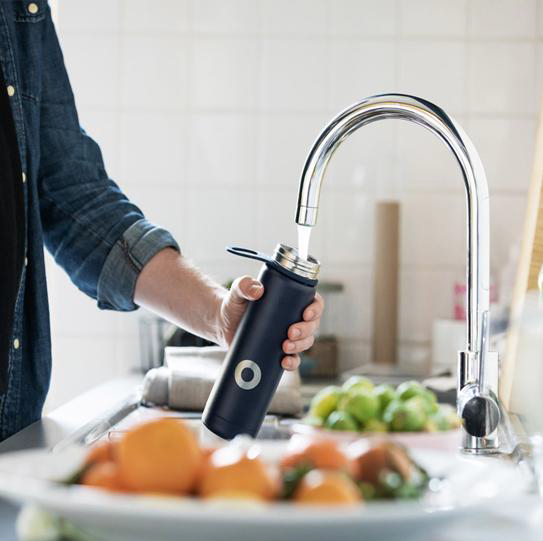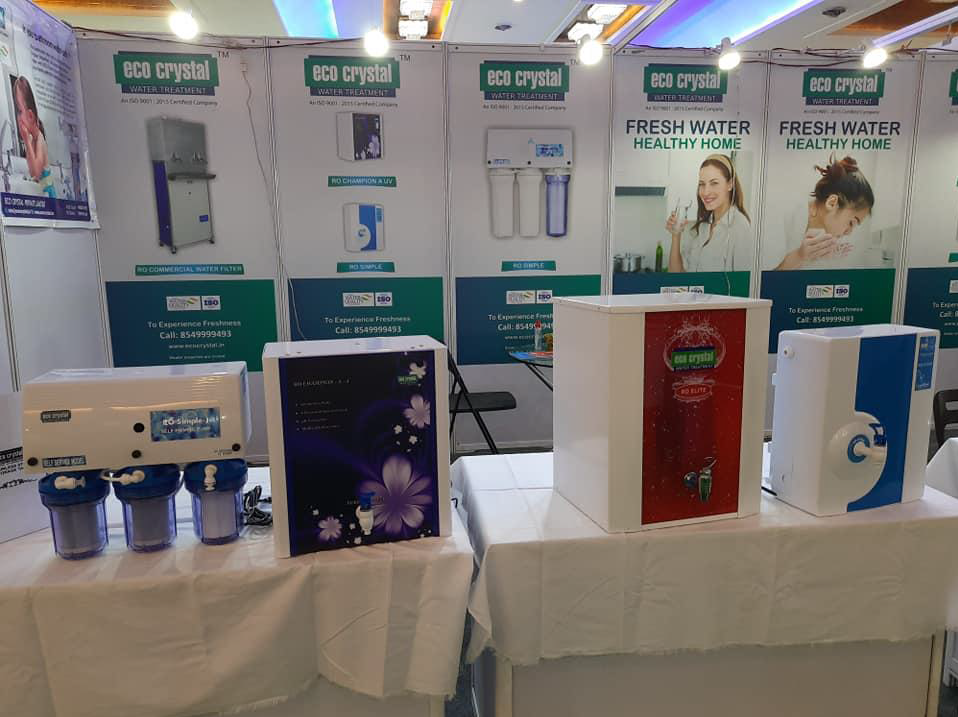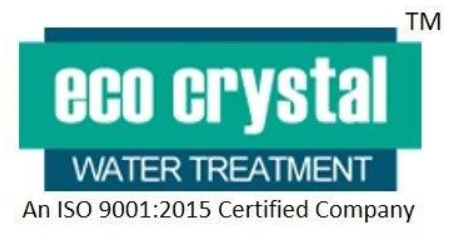Water is considered the most important commodity, for it maintains life; therefore, it is essential to consider various factors when making decisions about water to use for drinking. More specifically, the world is continually facing pollution, which requires people to employ purification to prepare drinking water. This is one of the major considerations at Eco Crystal. whereby we focus on presenting pure and healthy water through purification. Technological advancements have resulted in a variety of water purifier tools. This requires one to choose the right water purifier to meet their needs and also ensure their safety together with their families. Different purifiers are commonly used, including RO water purifiers, UV water purifiers, and Non-RO water purifiers.
What is a Water Purifier?
Before choosing the right water purifier, it is important to understand what a water purifier is clearly. Specifically, a water purifier is a technological tool used to remove any undesirable gases, suspended solids, chemicals, and biological contaminants from the water. This process is vital since it ensures health to families who use water purifiers. Notably, environmental pollution is becoming more adverse and negatively affecting the well-being of people. Therefore, through the use of water purifiers, overall health is improved.

How to Identify the Right Water Purifier
- The initial step involves checking the Water Quality.
This is important since, as mentioned earlier, there are different types of water purifiers being sold. Therefore, to ensure that the chosen water purifier is most effective and applicable, it is important to know the water quality. This can be achieved by knowing the water source and having it tested precisely for the Total Dissolved Solids (TDS) level. Besides, different water qualities require different water purifiers; for example, for water with high salinity, the most appropriate water purifier is the Reverse Osmosis (RO) water purifier.
2. After the acquisition of the TDS level results, the next step involves understanding the best Purification Technology.
One of the most challenging steps involves understanding the best technology applicable; however, this is easily achieved with the correct water quality results. Notably, the best water purifier to use on the water with TDS levels of between 100 – 200 ppm, the most effective technology is the Ultraviolet (UV) water purifier. However, the most effective technology is the RO water purifier for water with a TDS value of more than 200 ppm. Each of the named water purification technology has various advantages and technologies, which should also be considered.
Specifically, some of the advantages of RO water purifiers include removing all bacteria, salts, impurities and reducing TDS levels of the water. The disadvantages include the fact that the
technology requires electricity and water wastage. Additionally, the advantages of UV water purifiers include a low maintenance cost, a fast purification process, and bacteria and virus neutralization. The disadvantages include the use of electricity, and the technology does not remove dissolved solids.
3. After narrowing down to a specific water purifier technology, the next step involves establishing the required Storage Capacity.
This is essential because different water technologies are characterized by different water storage capacities. Therefore, for individuals in need of water purifiers to serve their whole homestead, a water purifier with a high-water storage capacity is most recommended, which is unlike those in need of a technology that will serve a smaller homestead. This can be achieved by first understanding the amount of water consumed by one’s family in a day. This information can contribute to establishing the specific storage capacity required.
4. The next step involves establishing whether you need hot and cold water from the purifier.
This is a vital step because it helps narrow down the selection of water purifiers. Besides, specific types of water purifiers have the technology of offering both hot and cold water once it is purified. Moreover, this brings about the cost aspect because purifiers with this technology are often more costly than those that only offer cold water.
5. The aspect of cost brings us to the next step, which involves identifying the initial and maintenance costs of the water purifier.
The right water purifier should meet water-related needs and be in line with one’s financial ability. This makes it viable to buy and also maintain the water purifier while it serves its purpose. Moreover, based on the steps previously discussed, this last step finalizes by creating the ability to purchasing the ideal water purifier.
Why it is important to choose the right Water Purifier

- It facilitates the improvement of health and well-being because choosing the right water purifier ensures families have access to clean and safe water for consumption.
2. It helps save on extra costs associated with water purification. As previously indicated, choosing the right water purifier ensures identifying the ideal water purifier that meets the water-based needs and financial needs.
3. It also saves on extra expenses due to improved health because there is reduced cases of illnesses resulting from contaminated water.
4. It generally improves the water quality by removing harmful contents such as lead and chlorine in the water. Precisely, depending on the type of water purifier identified, that is, UV, RO, and Non-RO water purifier, which are all available at Eco Crystal, each facilitates the removal of these contents.
- What is UV (Ultraviolet) Water Purifier, and How does it Work? - February 8, 2022
- How to Choose the right water purifier and why it is important - February 8, 2022

